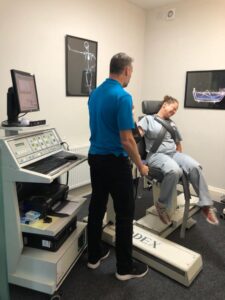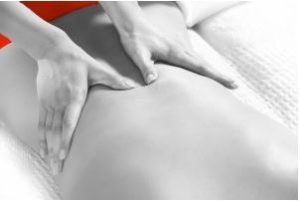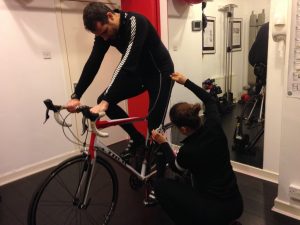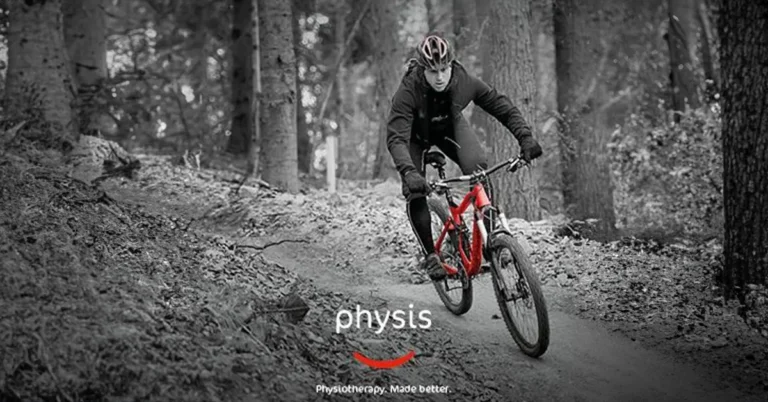
Cycling continues to evolve as a recreational activity to a professional sport, captivating the interest of athletes, enthusiasts, and health-conscious individuals alike. Amidst this evolution, a lesser-known but crucial aspect has emerged – cycling medicine. In this blog, we delve into the realm of cycling medicine, shedding light on what it entails, its significance for both cyclists and the medical community, and how it contributes to enhancing performance and overall well-being. Two of our team are specialist cycling physiotherapists and it is both a personal and professional passion.
Understanding Cycling Medicine:
Cycling medicine refers to the specialized field that focuses on the health, performance, and rehabilitation of cyclists. It encompasses a range of medical disciplines, including sports medicine, physiotherapy, biomechanics, and nutrition. Professionals in this field work to optimize the cyclist’s physical condition, prevent injuries, and aid in recovery.
Key Components of Cycling Medicine:
- Performance Enhancement: Cycling medicine professionals collaborate with cyclists to develop personalized training plans. These plans take into account factors such as fitness levels, goals, and competition schedules. By tailoring training regimens, cyclists can improve their endurance, power, and speed.
- Injury Prevention and Rehabilitation: Cycling puts strain on specific muscle groups and joints. Cycling medicine experts analyze the cyclist’s biomechanics to identify any irregularities that could lead to injuries. They also devise strategies to prevent overuse injuries and assist in recovery when injuries do occur. Often preparation for cycling means more than just time on a bike.
- Nutritional Guidance: Proper nutrition is crucial for cyclists to maintain energy levels and promote muscle recovery. Cycling medicine experts provide dietary advice that is tailored to the cyclist’s training intensity and goals.
- Ergonomics and Bike Fit: A well-fitted bike minimizes the risk of injuries and maximizes performance. Cycling medicine professionals analyze the cyclist’s position on the bike, adjusting elements such as saddle height, handlebar position, and cleat alignment. A bikefit assessment will look to provide a comfortable riding position directed at reducing the chances of developing injury.
- Medical Support: Cycling medicine specialists are equipped to handle medical issues specific to cyclists, such as saddle sores, nerve compression, and respiratory conditions caused by intense training. Physiotherapists work alongside sports medicine specialists to manage all aspects of a cyclists health.
Significance of Cycling Medicine to recreational cyclists:
Cycling medicine is not limited to professional athletes; it extends to recreational cyclists and even individuals who use cycling as a mode of transportation. The following points underscore its significance:
Optimized Performance: Cyclists of all levels can benefit from personalized training plans and biomechanical assessments that enhance their performance potential.
Injury Management: By addressing biomechanical irregularities and providing rehabilitation support, cycling medicine reduces the risk of injuries and aids in faster recovery.

Health Awareness: Cycling medicine promotes awareness of health concerns specific to cyclists, fostering a proactive approach to overall well-being. Prevention is better than the cure.
Accessibility: As cycling gains popularity, accessible cycling medicine services become vital for enthusiasts seeking professional guidance. There are cycling specialist physiotherpapists in Edinburgh.
Cycling physiotherapists in our team:
In our Edinburgh physiotherapy clinics we have an extensive experience of sports injuries throughout our team but Thomas Fallon and Ola Szyszczakiewicz-Briggs are both passionate about cycling medicine. Thomas works with the Irish national cycling team and Ola has extensive personal and professional experience cycling medicine. To read more see their profiles.
Rehabilitation tools:
Strengthening plans on isokinetic equipment

Shockwave therapy for soft tissue injury

Manual and Massage therapy for injury management or tissue recovery

Bike Fit Assessment:
We provide bike fit assessments aimed at improving comfort on your bike and preventing injury. This may go alongside prevention exercise planning or injury rehabilitation.

Conclusion:
Cycling medicine stands at the crossroads of sports science and medical care, offering a comprehensive approach to optimizing cycling performance while prioritizing cyclists’ well-being. Whether you’re a competitive cyclist or a weekend rider, integrating cycling medicine principles into your routine can elevate your cycling experience, making it safer, more enjoyable, and ultimately more rewarding.
To read more about ‘What is cycling medicine’ click here for a blog written at the recent British Association of Sport and Exercise Medicine from those attending the world cycling championship, including our physiotherpaist Thomas Fallon.
To book an appointment with one of our team click here or to speak to us call 0131 478 4646.


